10 Movie Endings That Still Infuriate Fans
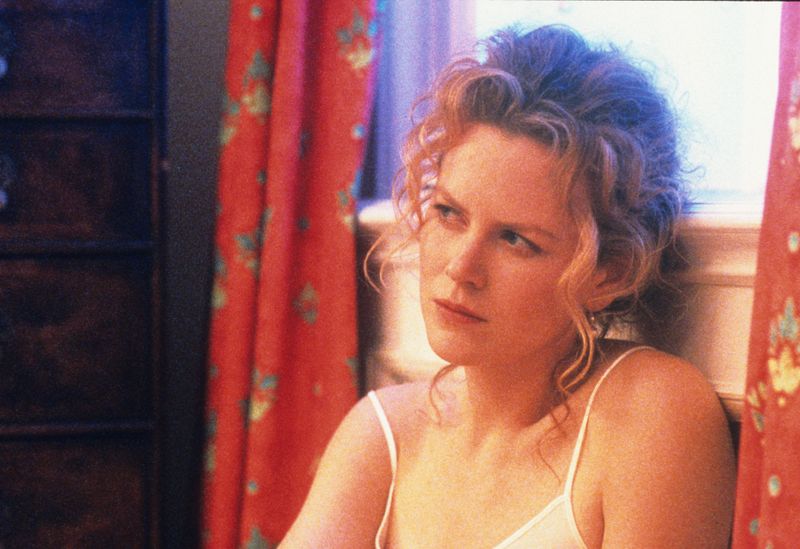
Some movie endings leave us satisfied, while others make us want to throw popcorn at the screen. These frustrating finales have sparked heated debates among movie lovers for years. From plot holes to unresolved storylines, certain film conclusions continue to rile up audiences long after the credits roll. Here are ten movie endings that still make fans grind their teeth in frustration.
1. War of the Worlds (2005)
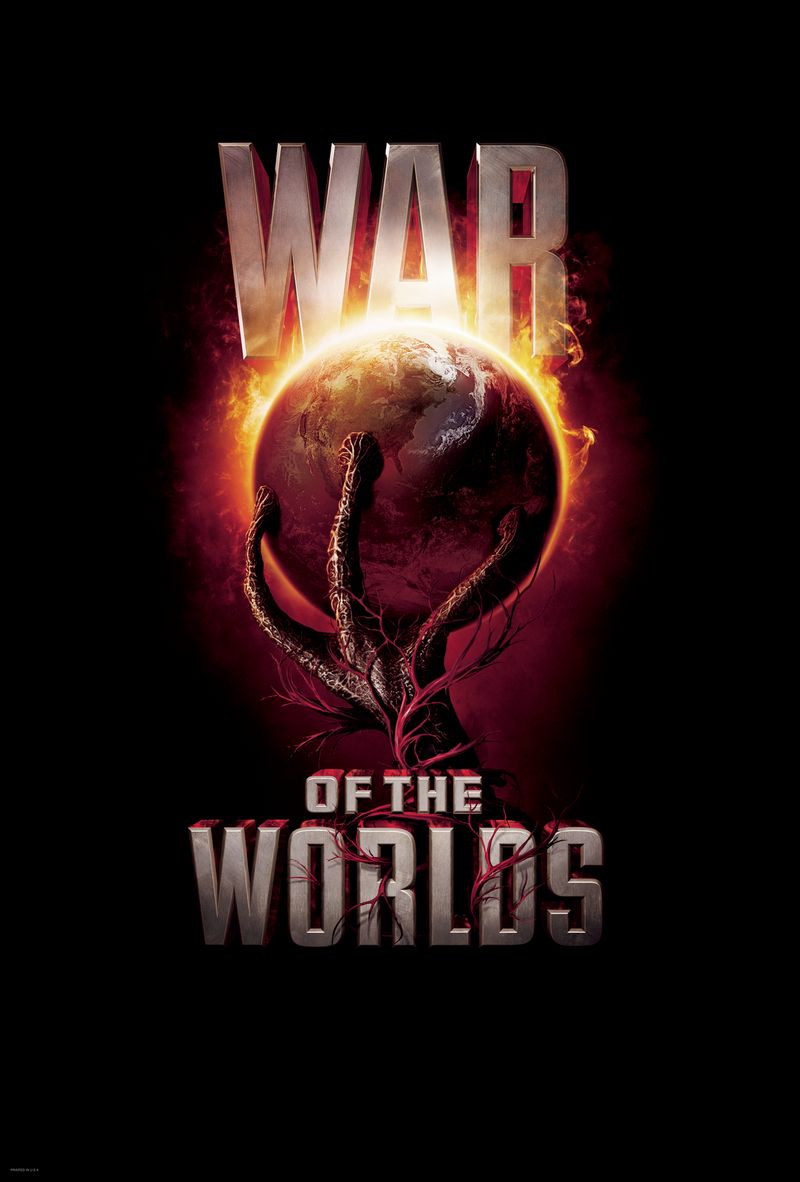
Aliens invade Earth with unstoppable tripod machines, decimating everything in their path. Nothing works against them – not military might, not human ingenuity. The tension builds masterfully throughout the film.
Then suddenly, the aliens just… die. From common bacteria. These super-advanced beings who traveled across space never bothered to check if Earth’s microbes might harm them.
The abrupt deus ex machina ending feels like a massive cop-out. After all the destruction and hopelessness, the resolution comes not from human perseverance but from a convenient plot device that requires zero effort from our protagonists.
2. The Dark Knight Rises (2012)
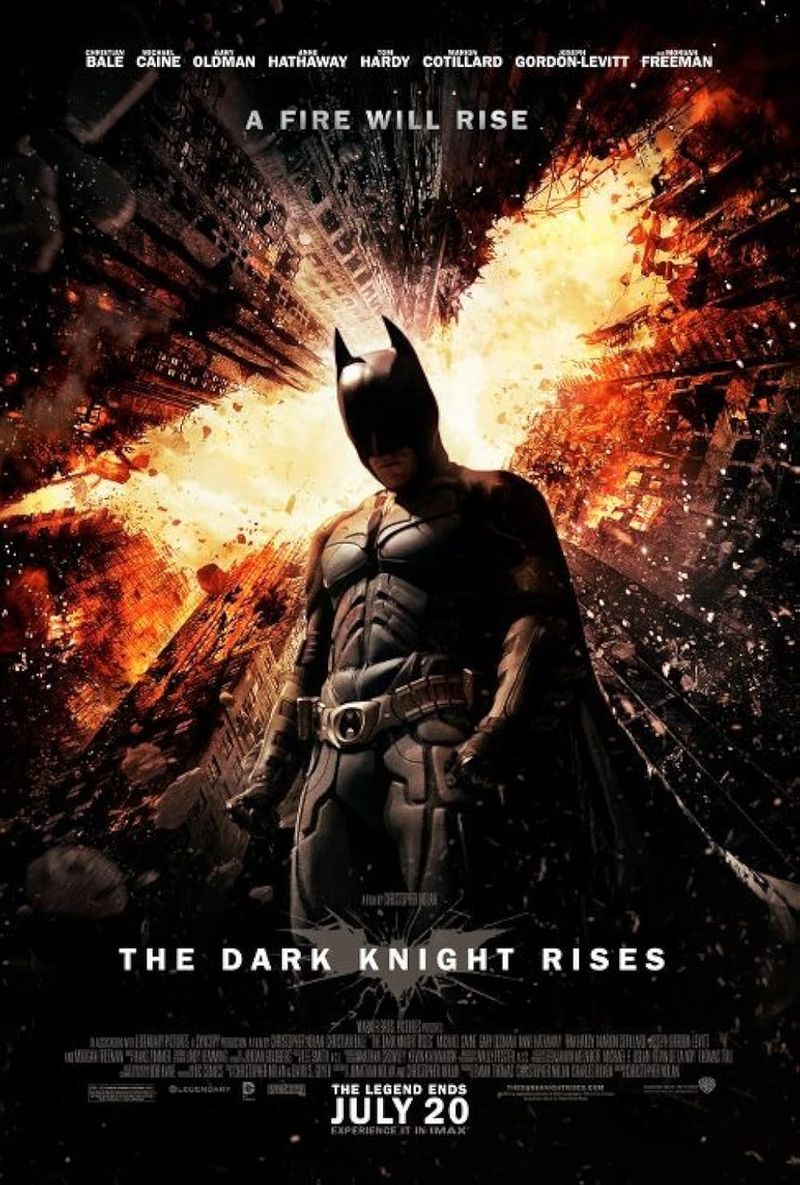
In a selfless act, Batman flies a nuclear bomb away from Gotham, seemingly sacrificing himself. It’s both tragic and heroic, a fitting end to Nolan’s trilogy. Alfred quietly weeps at Bruce’s grave while the city grieves its fallen protector.
Then comes the twist – Bruce is actually alive in Europe with Selina Kyle. The film undermines its own emotional impact by revealing he faked his death.
Fans were divided by this happy ending. Many felt it betrayed Batman’s character – a man who would truly sacrifice everything for his city wouldn’t abandon it to sip espressos in Florence, especially not after the film spent hours establishing his unwavering commitment.
3. Star Wars: Episode IX – The Rise of Skywalker (2019)
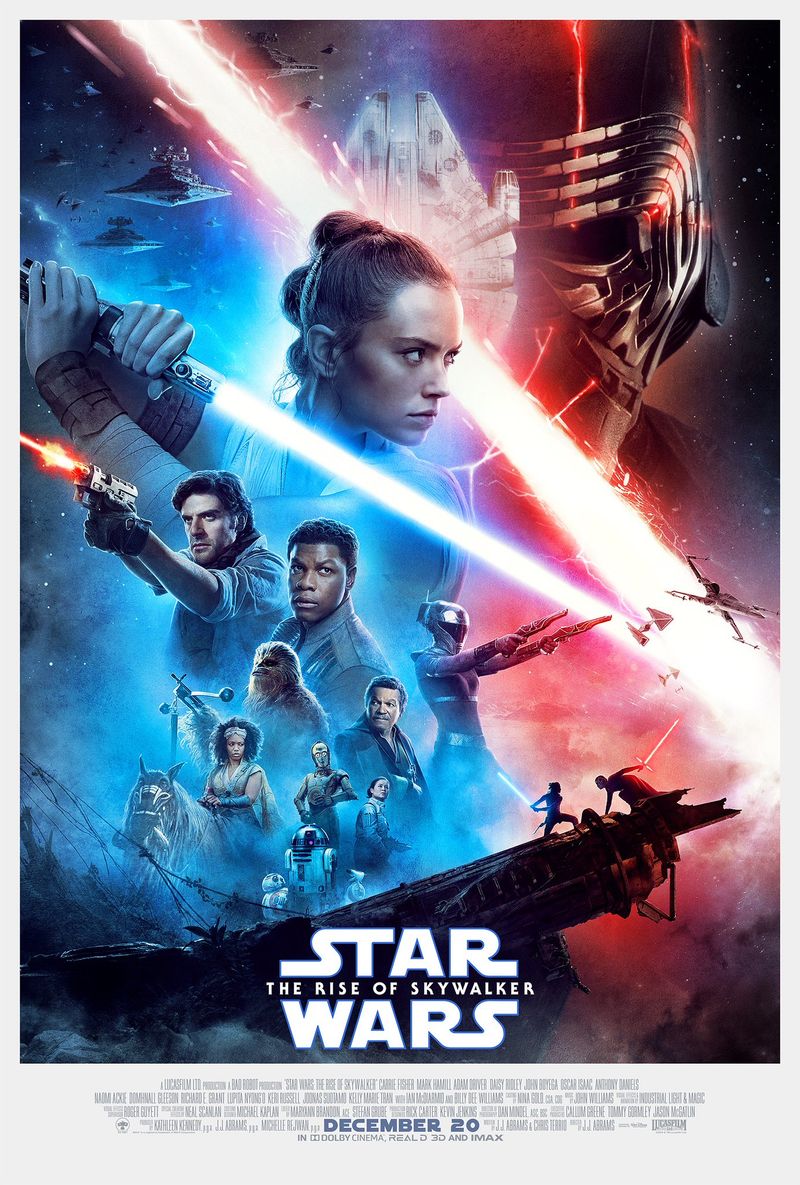
Emperor Palpatine returns from the dead with zero explanation, undoing Darth Vader’s sacrifice from Return of the Jedi. Rey discovers she’s Palpatine’s granddaughter, contradicting the previous film’s message that heroes can come from nowhere.
The final battle feels rushed and contrived. Rey defeats Palpatine using “all the Jedi” while Ben Solo sacrifices himself to save her.
The ending caps off a trilogy plagued by inconsistent storytelling. Rey taking the Skywalker name while standing on Tatooine (a planet Luke hated) feels hollow. Fans were left wondering how a franchise with such rich mythology could conclude with such a hastily assembled, fan-service-heavy finale that disregarded its predecessor’s themes.
4. Remember Me (2010)
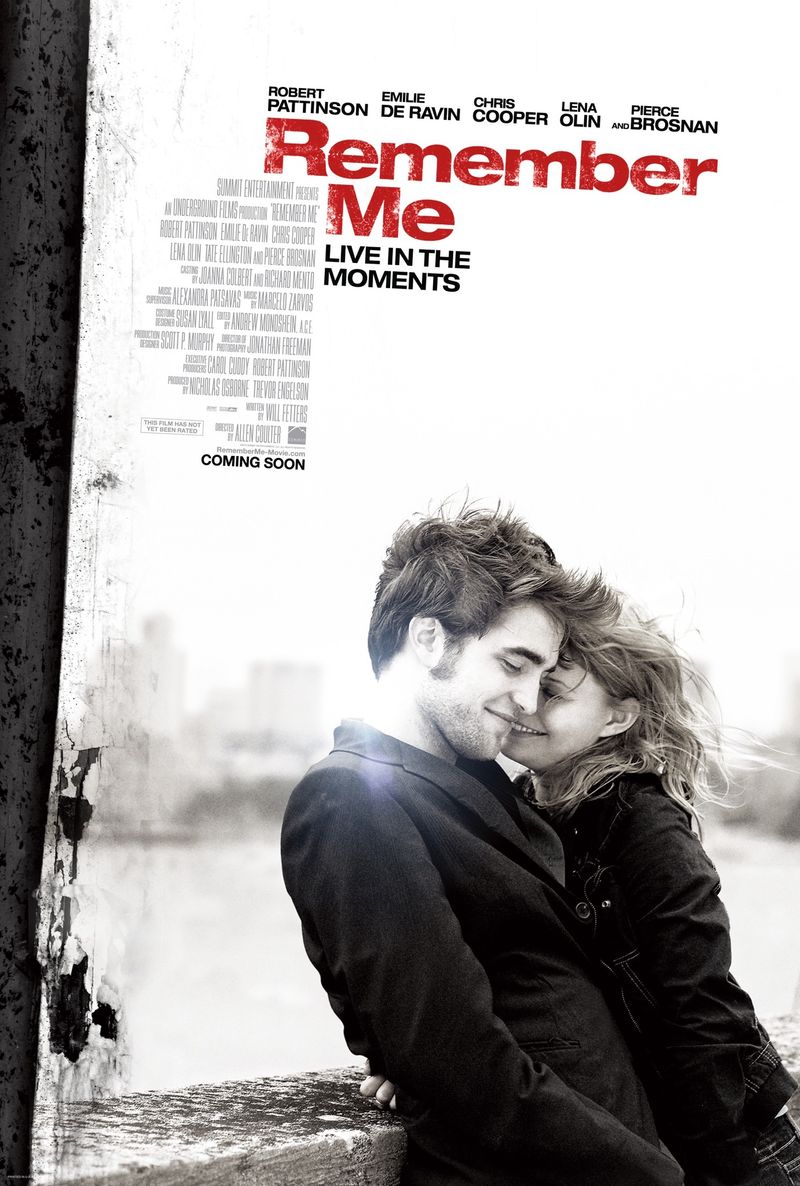
In this emotional romantic drama, Robert Pattinson’s character Tyler battles personal hardships but finds love with Ally (Emilie de Ravin), navigating the challenges of loss and family conflict.
Then comes the shocking twist – Tyler is in the World Trade Center on September 11, 2001. The camera pulls back to reveal he’s in one of the towers moments before the attack.
Using a national tragedy as a plot twist felt exploitative to many viewers. The film builds no connection to 9/11 throughout its runtime, making the ending feel like a manipulative shock tactic. What began as a straightforward romance suddenly hijacks a real-world tragedy for emotional impact, leaving audiences feeling blindsided and uncomfortable.
5. Lucy (2014)
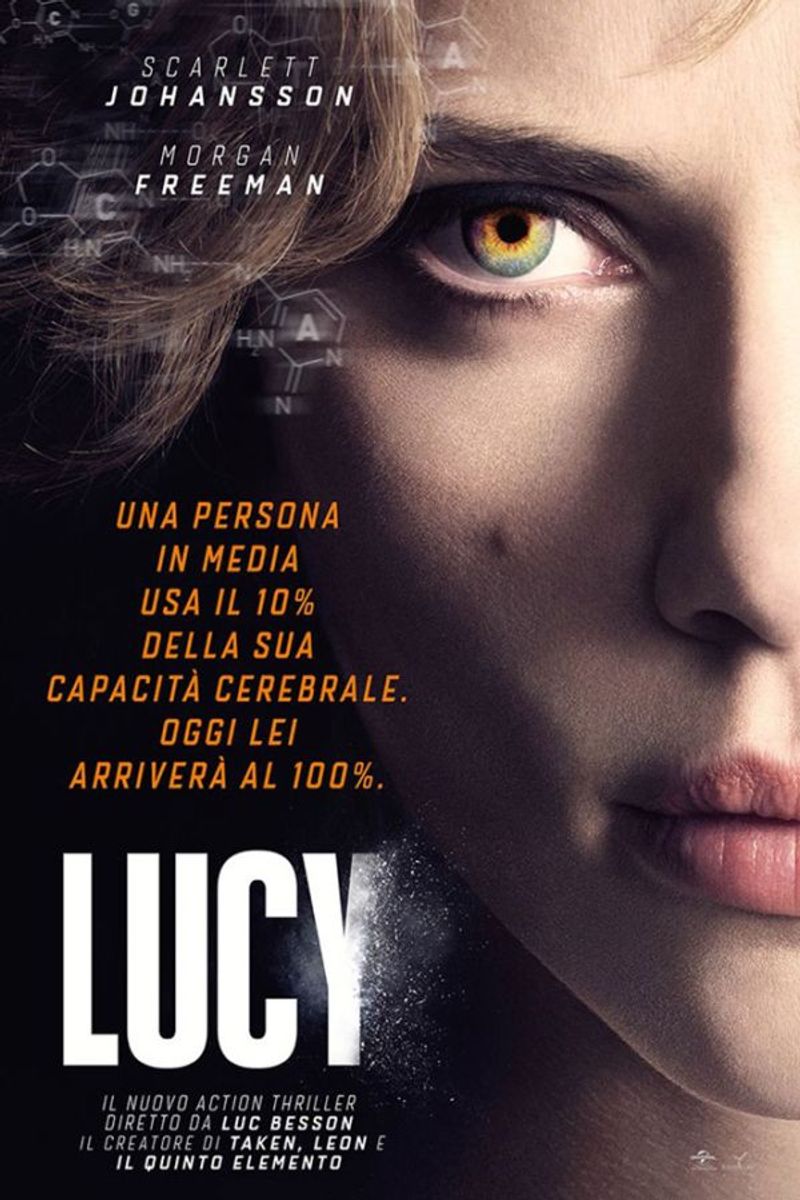
When a drug activates her brain, Scarlett Johansson’s character gains powerful new mental skills. It poses the fascinating question: what if we could access all of our brain’s capacity?
The film builds toward this question throughout, with Lucy becoming less human and more godlike. Then comes the bizarre climax where she transforms into… a USB drive?
Lucy literally turns herself into a black flash drive containing all the knowledge of the universe. She hands it to Morgan Freeman’s character before disappearing entirely. Audiences were left baffled by this conclusion that abandoned any semblance of coherent storytelling. The film poses interesting questions about human potential but delivers an ending that feels both pretentious and nonsensical.
6. The Amazing Spider-Man 2 (2014)
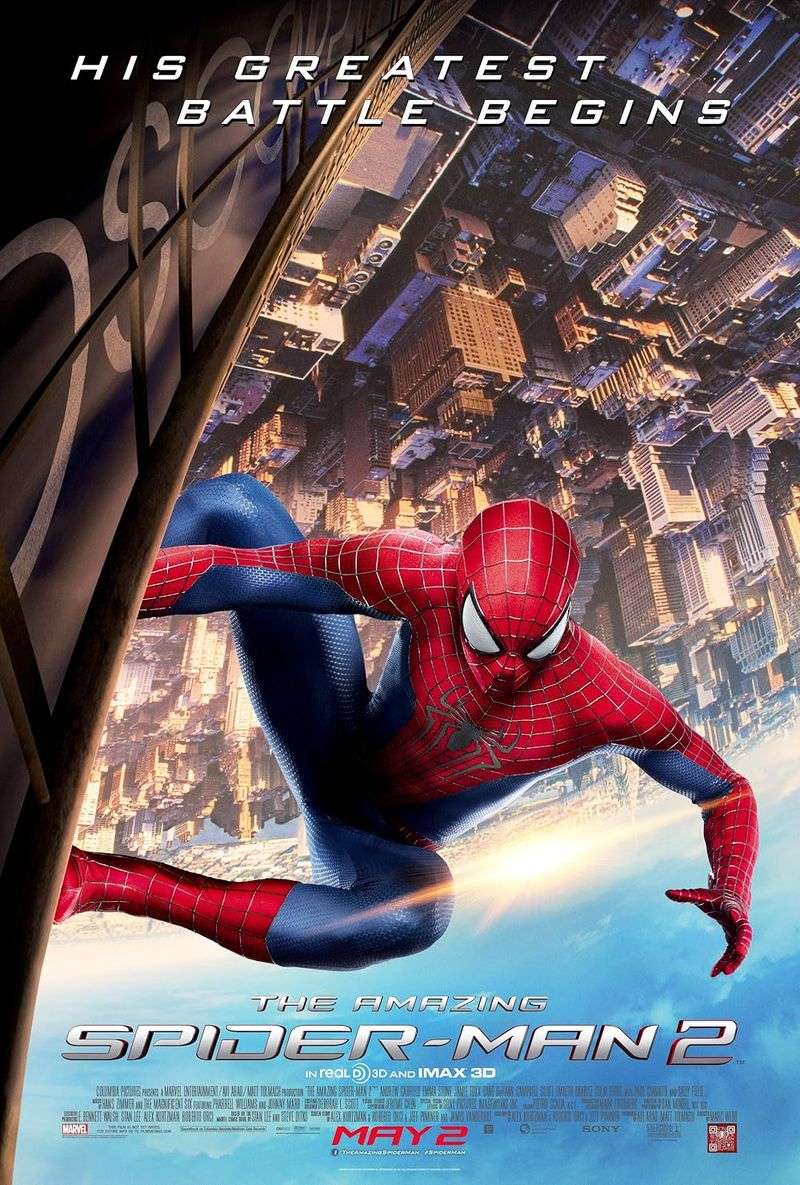
The film recreates Gwen Stacy’s iconic death: Spider-Man’s web line saves her fall, but the sudden stop causes a fatal neck injury. It’s a devastating and expertly crafted scene.
The problem comes afterward. The film rushes through Peter’s grief in a montage before having him magically overcome depression after watching a video of Gwen’s graduation speech.
This hurried resolution cheapens both Gwen’s death and Peter’s emotional journey. The film seems afraid to sit with its darkest moment, instead racing to get Spider-Man swinging again for a forced upbeat ending. Fans were left feeling the emotional weight of this pivotal comic book moment was squandered for a quick resolution.
7. Eyes Wide Shut (1999)
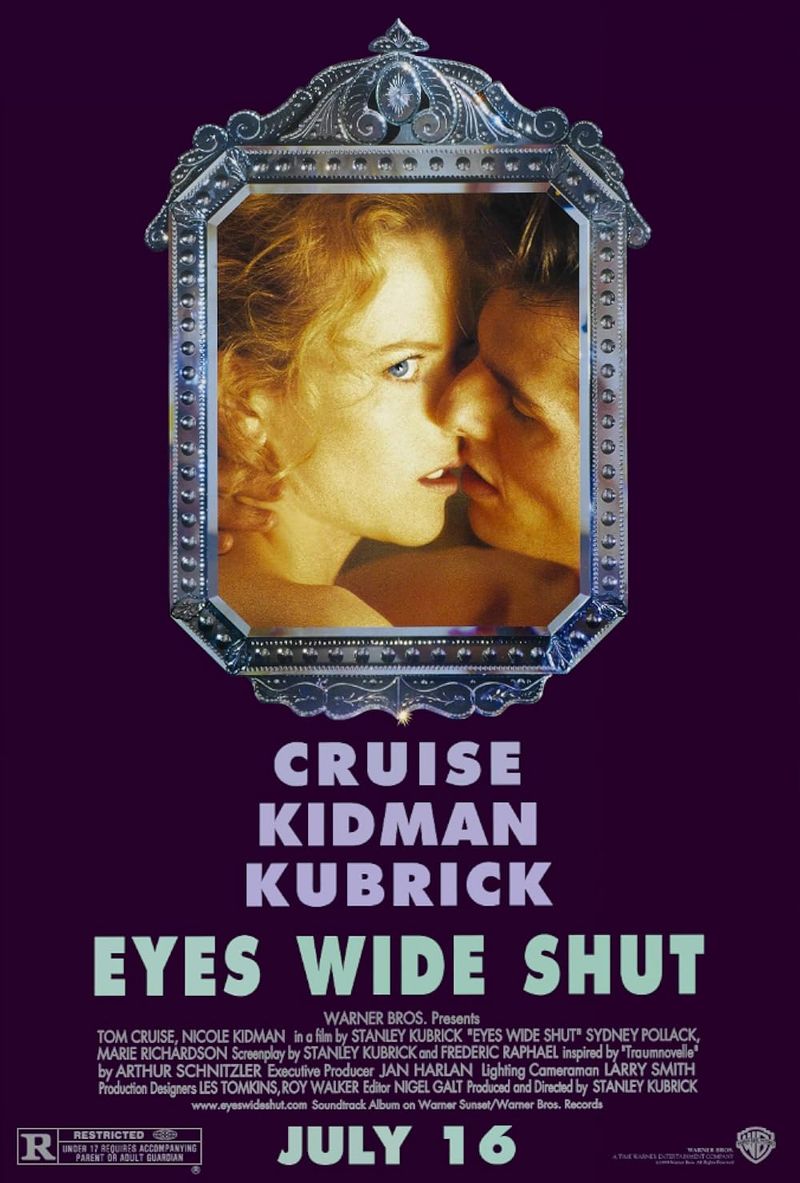
Stanley Kubrick’s final film follows Dr. Bill Harford (Tom Cruise) on a strange journey through New York’s secret underworld after his wife Alice (Nicole Kidman) confesses to contemplating an affair. The mysterious odyssey includes a masked orgy at a mansion with powerful, potentially dangerous participants.
After building incredible tension and suggesting far-reaching conspiracies, the film concludes with… a trip to a toy store? Bill and Alice decide to move past everything with minimal resolution.
The deliberately ambiguous ending leaves too many threads dangling. Were the threats real? What was the significance of the mask on Bill’s pillow? The final scene feels disconnected from the film’s dark themes, giving viewers closure that feels artificial compared to the complex psychological exploration that preceded it.
8. Next (2007)
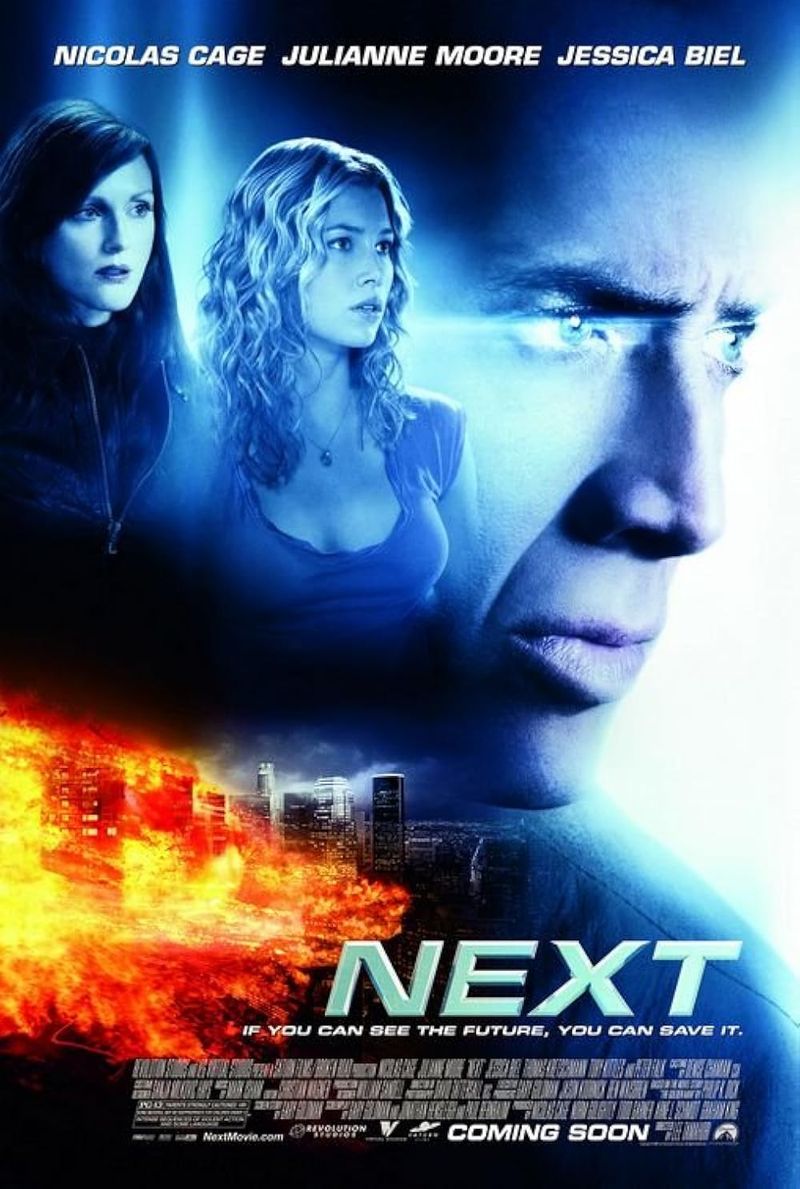
As Cris Johnson, Nicolas Cage possesses the power to see two minutes ahead. The FBI relies on him to stop terrorists with a nuclear bomb, with the story reaching a thrilling peak when he and his girlfriend are taken hostage.
Then comes the twist – everything after the first act was just a vision. Cris was only seeing a possible future while sitting in a diner.
This “it was all a vision” ending invalidates the entire movie we just watched. Audiences felt cheated after investing in characters and situations that ultimately had no consequences. The film essentially admits it wasted viewers’ time with a story that never actually happened, then ends abruptly with Cris walking out of the diner to start the real plot – which we never see.
9. The Village (2004)
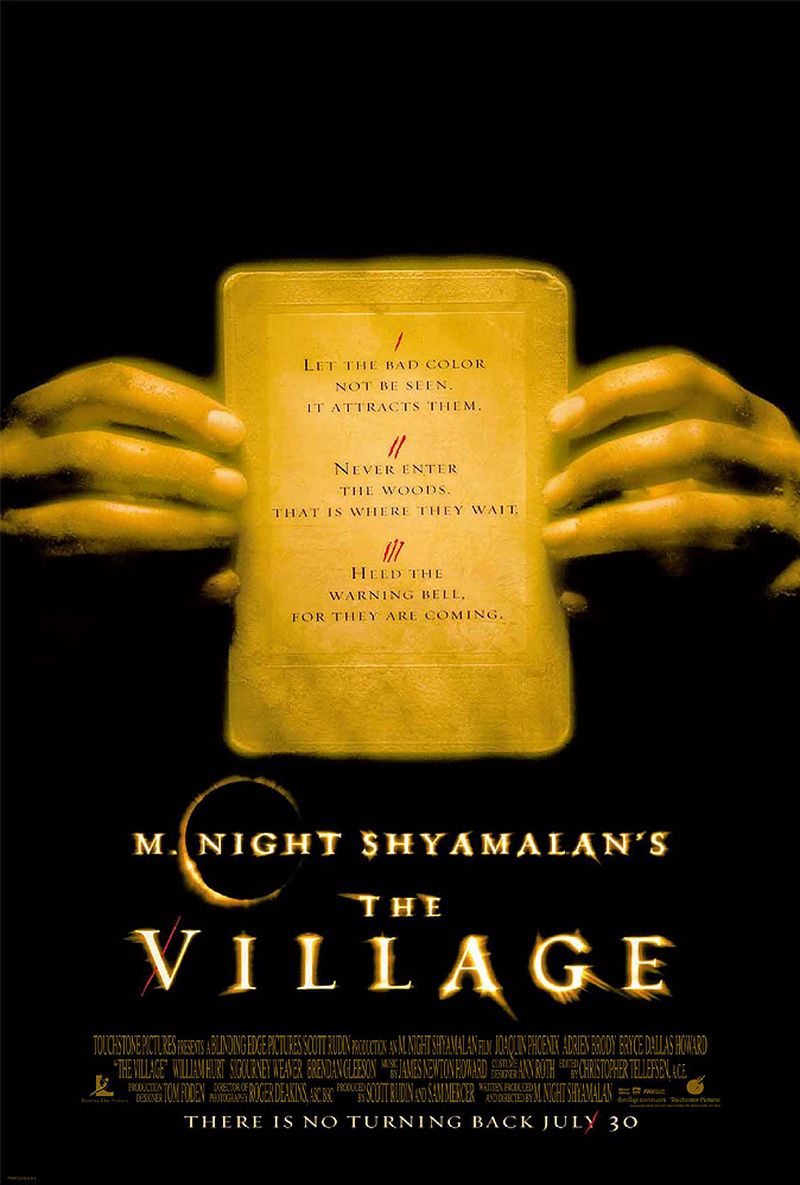
Against the backdrop of a 19th-century village, M. Night Shyamalan creates an intense atmosphere where strange creatures stalk the nearby woods, blending historical setting with supernatural suspense.
Then comes the twist – it’s actually modern day. The village elders created this isolated community to escape the violence of contemporary society, inventing the monsters to keep younger residents from leaving.
This revelation retroactively makes much of the film’s tension feel manufactured. Plot holes emerge: How did they maintain this charade for decades? How did they avoid detection by planes or satellites? The ending transforms what seemed like a supernatural thriller into a social commentary that doesn’t fully commit to its implications, leaving audiences frustrated by the bait-and-switch.
10. No Country for Old Men (2007)
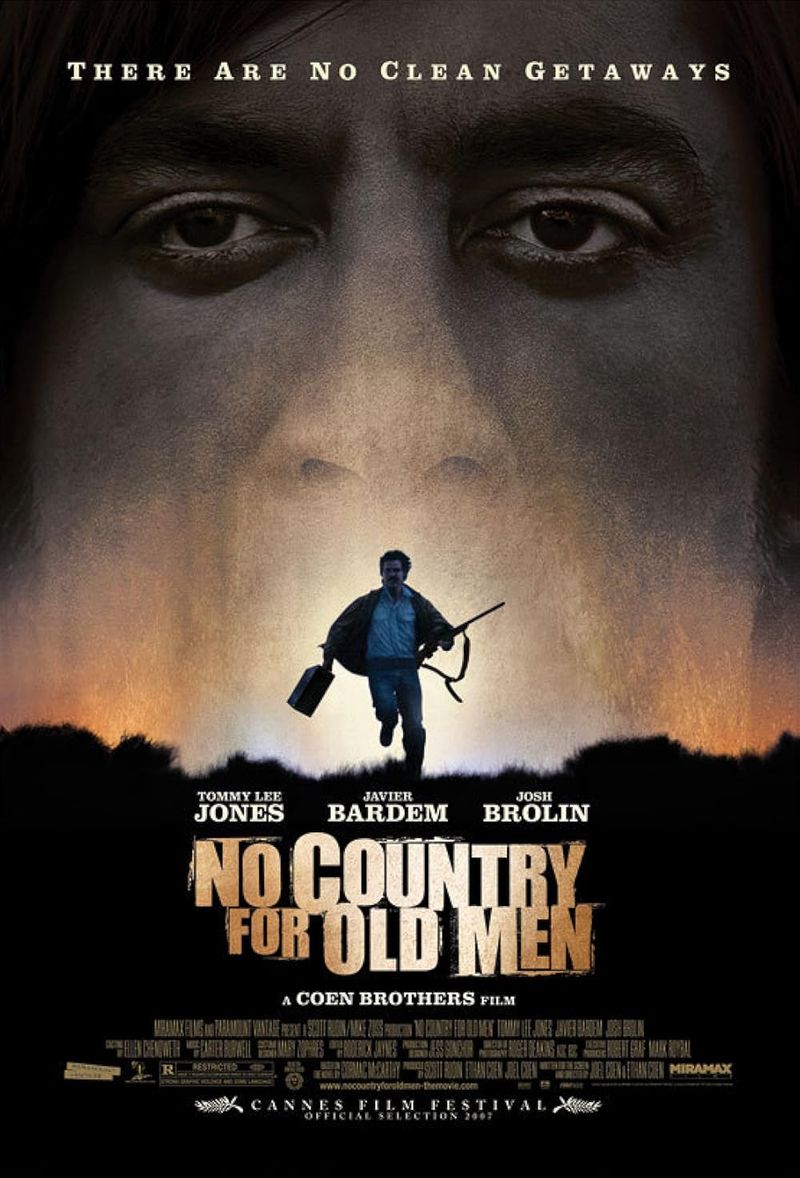
Following a deadly game of pursuit, the Coen Brothers’ neo-western pits Llewelyn Moss (Josh Brolin) against the merciless assassin Anton Chigurh (Javier Bardem) in a gripping battle of wits.
Then, shockingly, Moss is killed off-screen by minor characters. The primary conflict viewers invested in is resolved without any payoff. Sheriff Bell (Tommy Lee Jones) never confronts Chigurh, and the film ends with Bell describing cryptic dreams.
The deliberately unsatisfying conclusion divided audiences. Some praised its subversion of expectations and thematic consistency about the randomness of violence. Others felt robbed of narrative closure after the film spent two hours establishing conflicts it had no intention of resolving in a conventional way.

Comments
Loading…